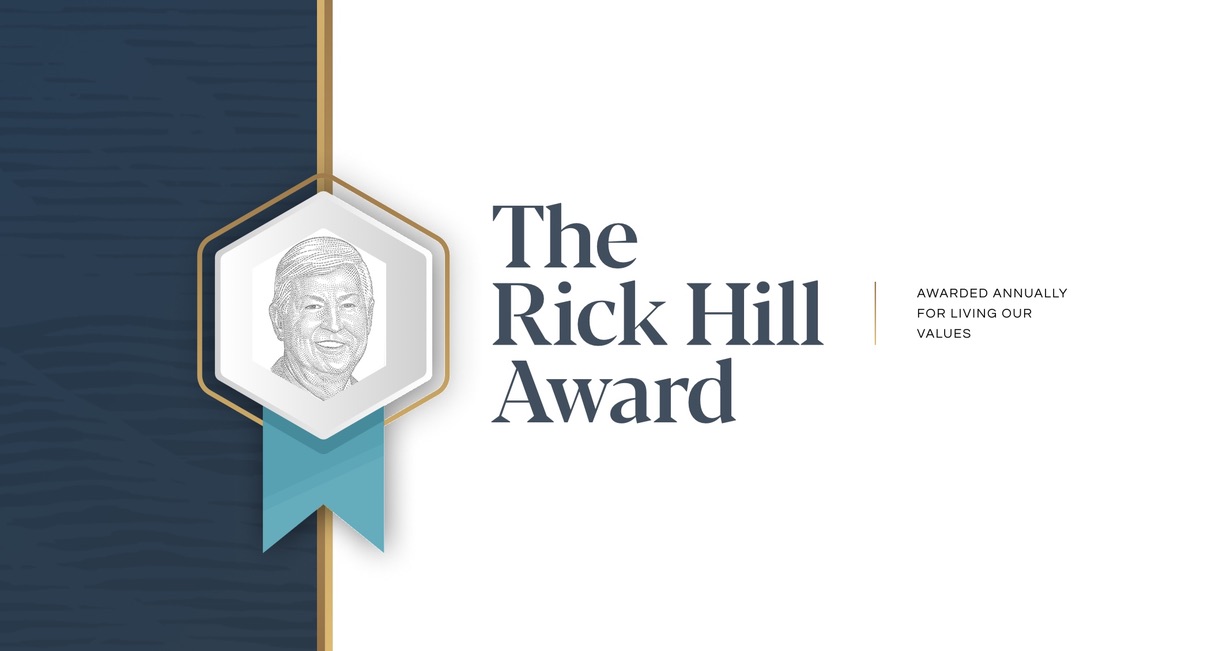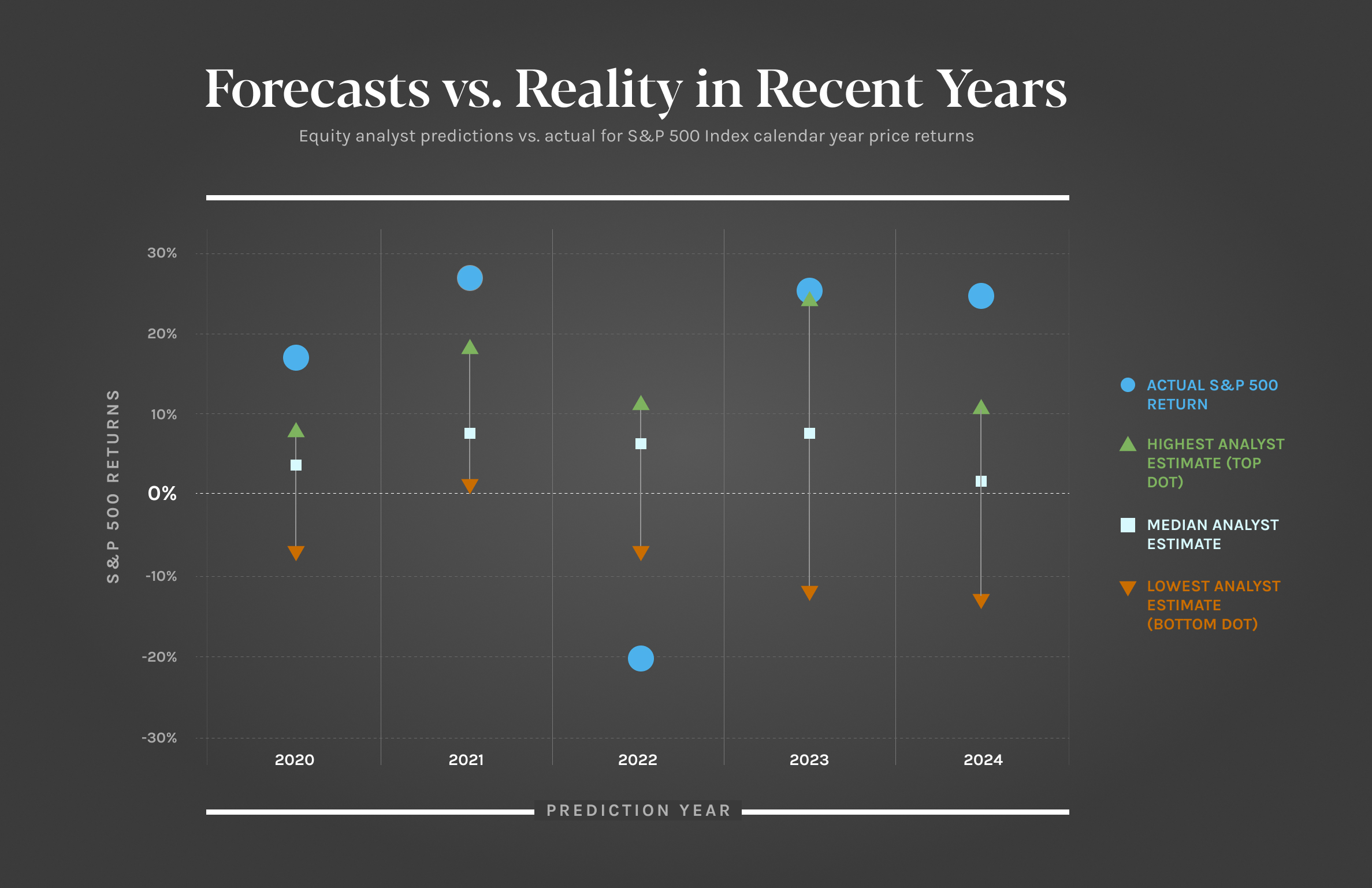Details Are Part of Our Difference
Embracing the Evidence at Anheuser-Busch – Mid 1980s
529 Best Practices
David Booth on How to Choose an Advisor
The One Minute Audio Clip You Need to Hear
Exciting News: Our ETF Featured in Bloomberg

We’re thrilled to share some exciting recognition for Hill Investment Group and our upcoming Longview Advantage ETF (ticker: EBI). Bloomberg recently published an article highlighting this innovative fund launch, describing it as part of a growing trend that is reshaping how investors approach tax efficiency. We’re honored to be included in this discussion and to be bringing a cutting-edge solution to our clients and the market.
Here are some highlights from the article and why this matters to you:
A $500 Million ETF: The Next Big Tax-Efficient Launch
The Longview Advantage ETF, set to launch on February 25, 2025, will debut with an estimated $500 million in assets expected in the first month (likely making it one of the more successful launches in 2025). This fund is unique because it’s designed to help investors defer taxes while rebalancing their portfolios. Through a strategy known as a 351 conversion, investors can exchange their existing securities for shares in the ETF without triggering a capital gains tax bill.
This approach has been compared to tools like 1031 exchanges for real estate but with the added liquidity and flexibility of an ETF. It’s a powerful way to gain diversification without losing to taxes in the process.
Built on Evidence-Based Investing
At Hill Investment Group, of course, you know we believe in strategies grounded in academic research. Under the leadership of Matt Zenz, formerly of Dimensional Fund Advisors, the Longview Advantage ETF will use a systematic approach to select stocks based on lower valuations and higher profitability – two factors expected to drive long-term performance.
Our commitment to evidence-based investing ensures that the fund is not only tax-efficient but also built to deliver meaningful results over time.
Why This Matters
Some investors feel stuck holding appreciated securities, unable to rebalance without incurring significant taxes, this ETF is a solution for them. By converting assets into shares of the Longview Advantage ETF, investors can:
- Diversify their portfolios,
- Defer capital gains taxes until they sell ETF shares,
- Align with a strategy designed for long-term success (which is what we care most about).
As Matt Hall shared with Bloomberg:
“To be able to get diversification and defer the taxes — for us, it’s the best financial planning idea we’re bringing to certain clients in 2025.”
What’s Next?
We’re counting down to February 25, when the Longview Advantage ETF will officially launch. This milestone represents our commitment to bringing thoughtful, innovative solutions to investors. We’re also engaging with financial advisors and family offices nationwide to expand access to this unique offering.
You can read the full Bloomberg article for additional details about the launch and its broader impact on the industry.
Thank you for being part of the Hill Investment Group journey. Everything we do is about putting the odds of long-term success on your side. The Longview Advantage ETF (EBI) is another example of our commitment to this objective.
The Rick Hill Award – Nominations Still Open
With Rick Hill officially retiring last year, we’re thrilled to continue celebrating his incredible legacy with the Rick Hill Award. As you may recall from a post Buddy shared in early 2024, we announced this special recognition at our 2023 holiday party to honor Rick’s values and actions, which have been at the heart of our firm’s success (and our friendship) since day one.
This annual award, paired with financial recognition, will be presented to the team member who best exemplifies living our firm’s values throughout the prior year. We’ve been paying close attention to those moments in 2024 when teammates have gone above and beyond, and we’re excited to share the winner with our team at our company celebration on February 8th. We’ll tell you about the winner our February email.
There’s still time to nominate someone you believe deserves this honor! If you’ve had a meaningful interaction with a team member that reflects Rick’s and our firm’s values, please email Matt Hall directly at matt@hillinvestmentgroup.com. The nomination window closes on January 31st, so don’t wait!
We value your insight and are grateful for your help in recognizing the teammates who make our firm extraordinary.
The Futility of Market Predictions: Why Evidence-Based Investing Wins

Why Predictions Fail: Insights from the Experts
As the new year approaches, financial analysts, equity experts, and market commentators are quick to release their predictions for the year ahead. However, a closer look at their track record reveals a consistent truth: these predictions are almost always wrong. Our analysis of S&P 500 return estimates since 2020 underscores this point—actual annual returns have repeatedly fallen outside the range of the highest, median, and lowest forecasts. Even the most confident experts frequently miss the mark.
The Illusion of Predictability
Equity analysts devote significant time and resources to analyzing economic trends, running complex models, and projecting outcomes. Despite their efforts, their predictions rarely align with reality. Why? Because markets are inherently unpredictable. They are influenced by countless factors—some measurable and others entirely unforeseen. Attempting to predict annual market returns is akin to forecasting next year’s weather: unreliable at best.
Here’s another key insight: while the long-term average return of the S&P 500 is between 8% and 10% annually, the actual return in any given year rarely aligns with this average. Instead, annual returns often deviate significantly, reflecting the market’s inherent volatility.
What Should Investors Focus On?
If accurate market predictions are unattainable, how should investors approach the future? At Hill Investment Group, we take an evidence-based approach. Instead of relying on predictions, we emphasize planning, modeling, and focusing on what we know. Here are our guiding principles:
- Discipline Pays Off: On average, markets increase by approximately 4 basis points (0.04%)* daily. While this incremental growth may seem small, it compounds significantly over time. The key to capturing these gains is staying invested.
- Volatility Equals Opportunity: Market unpredictability isn’t a flaw; it’s an essential feature. The volatility we experience is the price of admission for long-term equity rewards. Rather than fearing market swings, we view them as an integral part of the investment journey.
- Control What You Can: Instead of trying to predict market movements, we focus on what is within our control—creating robust financial plans, building resilient portfolios, and adhering to evidence-based investment strategies.
- Patience Is Crucial: History has shown that markets recover from turbulence and achieve new highs over time. Staying patient and avoiding knee-jerk reactions to short-term fluctuations is essential for long-term success.
The Takeaway
The data is clear: expert predictions are unreliable. This is why we avoid basing our strategies on forecasts and instead focus on enduring principles that withstand market volatility. Here’s what we know:
- While markets are unpredictable, disciplined investors are consistently rewarded over the long term.
- The average return is positive, even though individual annual returns vary widely.
- Long-term success comes from thoughtful planning, patience, and maintaining perspective.
At Hill Investment Group, we embrace the uncertainty of the market and focus on guiding our clients toward their financial goals. By staying committed to an evidence-based philosophy, we help our clients navigate the inevitable ups and downs while positioning them for long-term success.
The next time you hear an expert confidently predict the market’s direction, remember to take it with a grain of salt. Markets may be unpredictable, but with the right strategy and mindset, they remain one of the most powerful tools for building enduring wealth.
*10% on average per year for equity returns divided by 252 trading days per year on average equates to .04%, or 4 basis points, of growth per trading day.

